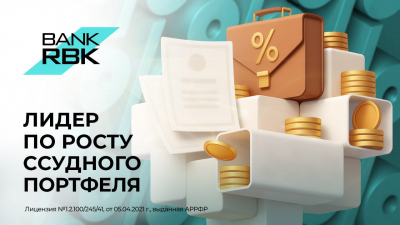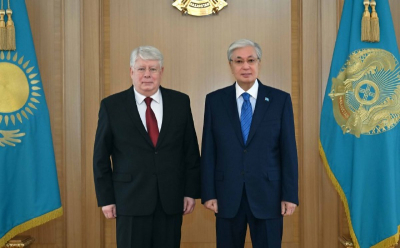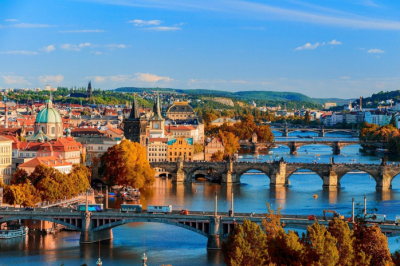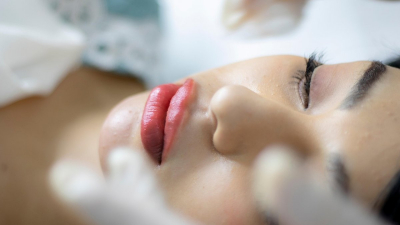Restrictions continue to haunt activists even after their release
In April, author of the satirical news blog Qaznews.24 Temirlan Yensebek was sentenced to five years of “restricted freedom” (a form of non-custodial sentence) as well as restrictions ranging from charity to volunteer work.
Vlast interviewed a range of Kazakhstani activists who have faced similar restrictions. In their answers, they show a trend of increasingly limited freedoms and how to navigate through hardship.
Читайте этот материал на русском.
“I could only find work as a janitor”
Five years ago, Alnur Ilyashev published posts which criticized the political party Nur Otan (now Amanat). A court in Almaty sentenced Alnur to three years of “restricted freedom” and 100 hours of community service. Ilyashev was found guilty of disseminating false information during a state of emergency. His posts were critical of government policies and the ruling party.
Ilyashev was held in a pre-trial detention center during the investigation. He was assigned probation and prohibited from social and public activity for five years.
The trial took place online because of the COVID-19 pandemic. Ilyashev insisted that he should be physically present at court hearings, protesting by unplugging his devices and turning off his camera. As a result, two guards were appointed to ensure he did not sabotage court hearings.
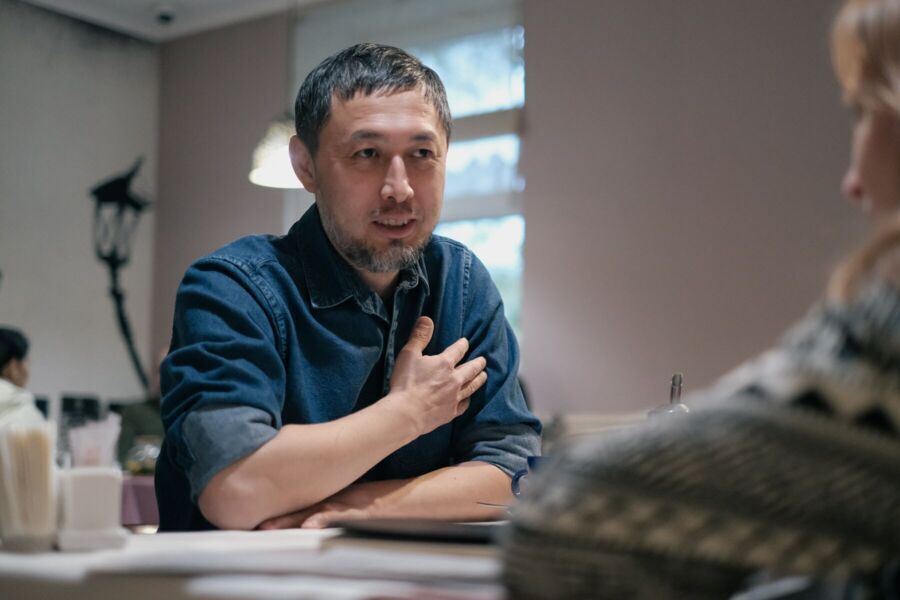
Ilyashev had worked as a lawyer before he was sentenced. His detention hampered his work and his employer had to file a motion to get back the equipment that was confiscated during his arrest.
After the court ruling, he struggled to find work. The activist approached a job center with a copy of his sentence, his resume, and his four diplomas.
“They told me that the conviction prohibits me from working in law. They suggested a job as a handyman or a janitor,” Alnur said.
He sought work at two printing houses, openly sharing that he was convicted. They responded that printing houses are monitored by the authorities and turned him away.
In the end, the only work he could find was in a hotel as a janitor.
“This was not my first experience as a janitor, so it was easy for me. During the 2008 [financial] crisis I was on my way to work when I saw an advertisement — an art gallery was seeking a janitor. I inquired about the position and worked for them for several months. Instead of a paycheck they gave me paintings,” he said with a smile.
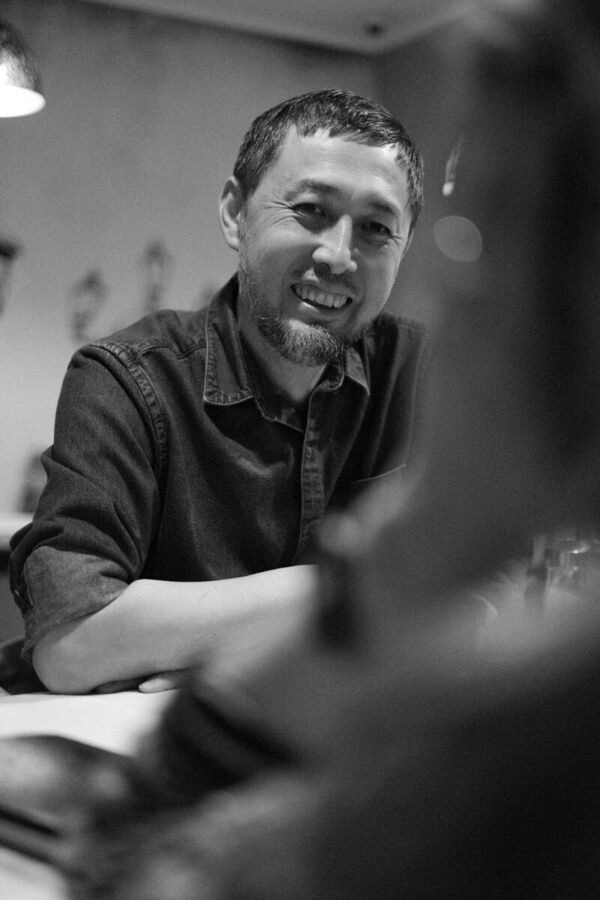
After a few months he was asked to resign from the hotel after a visit from the secret service. Then came the community service.
“I told the probation [officer] that I was being fired, that people were afraid to work with me, and that I needed to do something. They referred me to a branch of the local government]. They redirected me to a landscaping company, which assigned me to unpaid gardening work. I wrote a complaint saying that slave labor is prohibited in our country. But they answered that this was my punishment,” he said.
Because of potential public outrage about his treatment, after a few days, the authorities told Ilyashev to stop his landscaping work and “do it later.”
While he searched for a job, he continued to write requests and sought clarification from the court such as whether he could write books, publicly read poetry, or take part in theater productions. The court failed to clarify just how restricted his freedom was.
Ilyashev later appealed to the Commissioner of Human Rights Elvira Azimova who ruled that he has the right to provide for his family and that the prohibition should not apply to his profession.
According to Ilyashev, the local administration is generally lenient towards convicts, because they understand that people must eat.
“You might push people into radicalization if you deprive them of their livelihood,” Ilyashev said, arguing that Yensebek’s conditions could be harsher because he is convicted of extremism.
“The regime is learning. Every conviction kind of includes all the previous convictions. I said this to Temirlan. They try to remove you from social life and deprive you of financial support,” Ilyashev said.
Ilyashev’s restrictions have now mostly expired, except for a ban on social-political activities, which expires later this year.
“It’s a nuisance to me that I cannot be a member of the Kazakhstan Bar Association to represent people in court,” he said.
“Unfortunately, prison is a reality for opponents of the regime.”
For the first 20 days after his arrest, Ilyashev was held in solitary confinement. According to him, this was a breach of process, he should have been sent to a pre-trial detention center.
He said that faith helped him during his detention. He knew that he was on the right path and had public support.
“When you see that people share your struggle with words of support, even just likes [on social media posts], it motivates you. This was a test, and you realize that you are not the first, or not the last,” Ilyashev said. “Unfortunately, prison is a reality for opponents of the regime.”
“We shouldn’t normalize ‘being ready’ for prison”
Founder of the unregistered Democratic Party Zhanbolat Mamai was the first to face a ban on public engagement, including giving interviews, posting on social media, appearing in social places, and initiating petitions.
In 2023 a court in Almaty sentenced him to six years’ probation for insulting a representative of the authorities, knowingly disseminating false information, and organizing mass unrest.
“[Previously] if a person was politically active, they would only restrict their political rights. Since Zhanbolat’s case, they started depriving them of almost all civil and political rights,” Inga Imanbai, human rights lawyer and Mamai’s wife, told Vlast.
According to her, Mamai’s sentencing looked similar to Yensebek’s verdict, although her husband was also banned from teaching and publishing books.
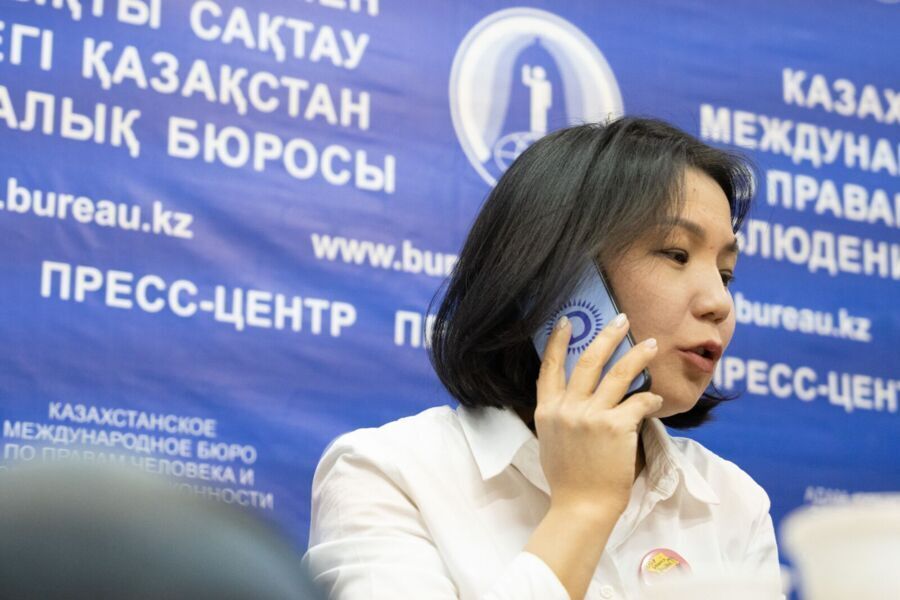
“Had we had a fair trial, both Zhanbolat and Temirlan would have definitely won, because you can’t deprive a person of their rights because of their opinions,” Imanbai said.
She says that their family would be more or less morally prepared because they have already engaged in political activity for many years.
“Of course, we have experienced a lot of atypical situations. We survived the closure of Tribuna [the newspaper where they worked] in 2017 and a court order that barred Zhanbolat from journalism,” Imanbai said. “We didn’t realize that this was just the beginning.”
Imanbai added that she fears retaliatory measures against all those who speak out on social media.
“The state is supposed to be a guarantor of political, civil, and human rights. Yet it deprives a person of all rights in the blink of an eye just for expressing an opinion. I am against being ‘prepared for this,’ I am against it being perceived as normal,” Imanbai said.
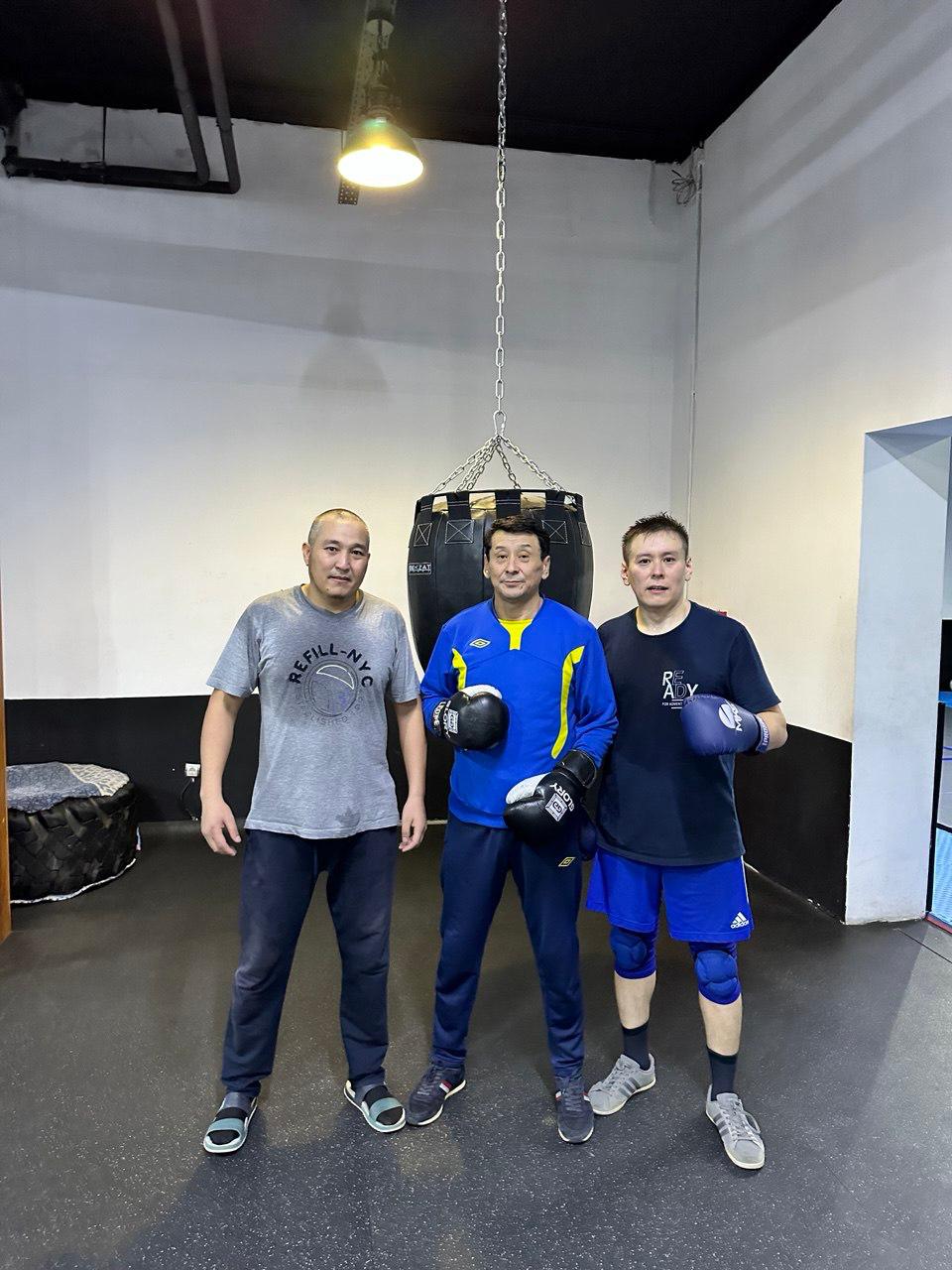
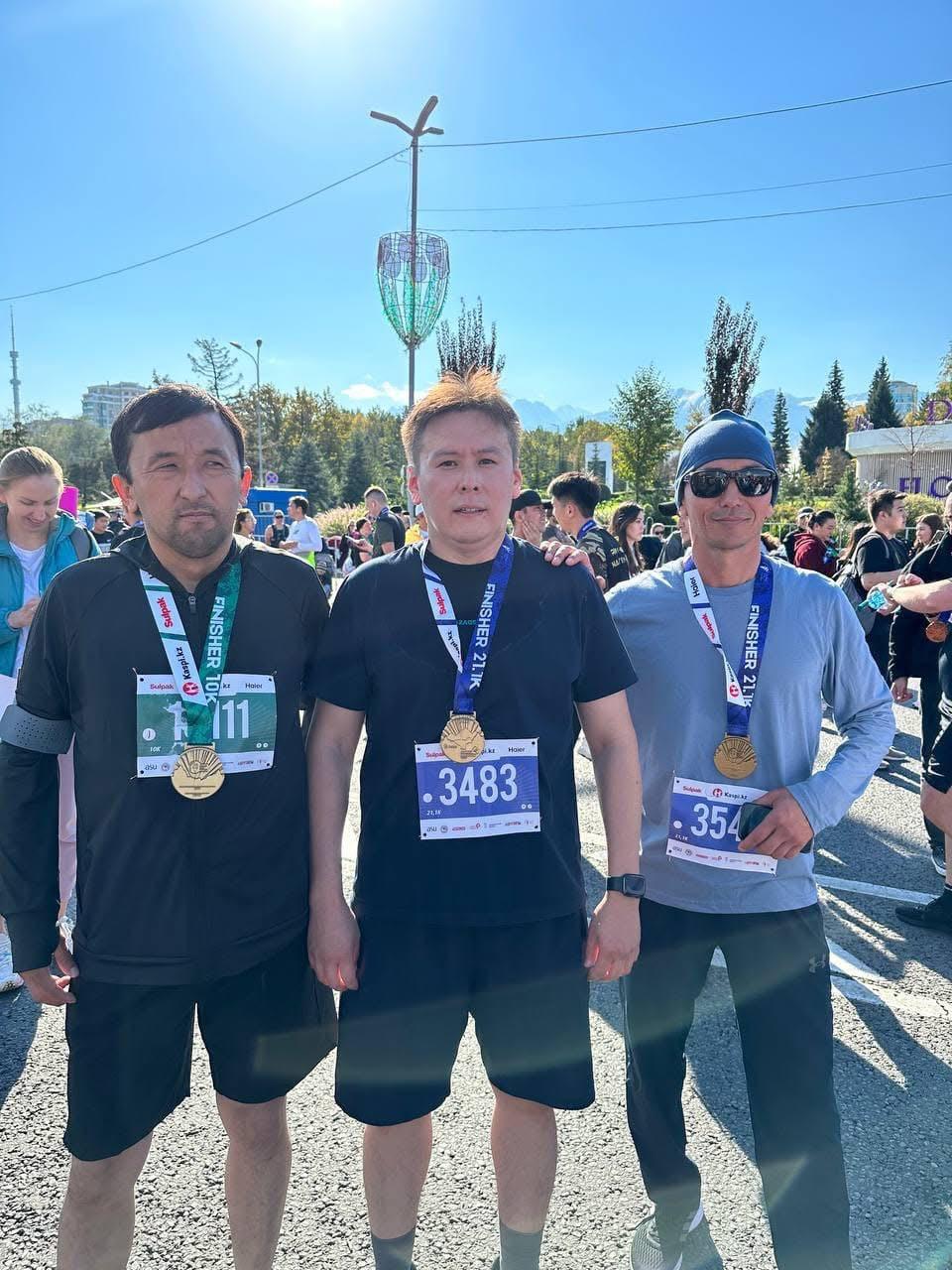
Despite the extensive list of bans, the court allowed Mamai to continue working at a foundation, which promotes Kazakh-language content. Mamai teaches Kazakh language to journalists and human rights defenders.
But the restrictions, of course, hit the family financially.
“Zhanbolat’s professional restrictions have put most of the financial burden on me,” Imanbai said. “I am simultaneously a lawyer, a human rights activist, and a journalist. But I don’t see it as a burden but rather an absurd situation that we have to get through.”
In the near future Mamai will be able to apply for parole.
The Problem With “The List”
Activist Max Bokai (formerly known as Bokayev) was sentenced to five years in prison after protesting against land reforms in the western city of Atyrau in 2016. Then he was accused of inciting social discord, disseminating false information, and violating the law on peaceful rallies.
Soon after the protests, then-President Nursultan Nazarbayev said the proposed reform would be put on hold.
Kazakhstani human rights advocates have recognized Max Bokai as a political prisoner, and international human rights organization Amnesty International called him a prisoner of conscience.
The activist was released in February 2021, but the court ordered a number of tight measures, including a ban from engaging in social activities, talking to media, and expressing his opinion in public. He also faced restrictions on leaving Atyrau, his hometown, without prior permission. His whereabouts were constantly monitored by the authorities.
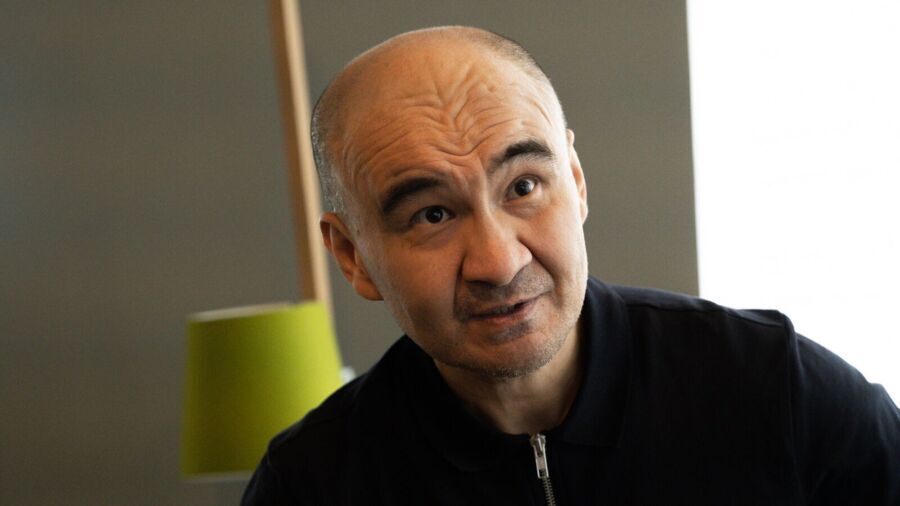
Last year, after Bokai participated in an on-air debate and wrote a social media post, the court extended his restrictions for another six months.
“I thought that it would be further extended, but in August 2024, they didn’t extend it,” Bokai told Vlast. “But a criminal record is like a shadow that follows you. For me it will be there until 2030.”
Before the criminal record is fully expunged, however, the police can take the case to court, and the court has the right to tighten the restrictions.
Under Kazakhstani law, a criminal record also prevents a person from political posts and civil service.
“In principle, I don’t really aspire to become a public official, but the fact that I am barred from office is a violation of my constitutional rights,” Bokai said. “All of this is done in order to exclude activists, and dissidents from political life.”
Despite the risks, once out of prison, Bokai did not give up his public activities.
“I figured I could basically get by like this, because friends, family members, and colleagues support me.”
Because Bokai was convicted of inciting social discord–which is considered an extremist activity–he was added to the list of persons associated with financing extremism and terrorism. Yensebek will likely be included in this list once his verdict enters into legal force.
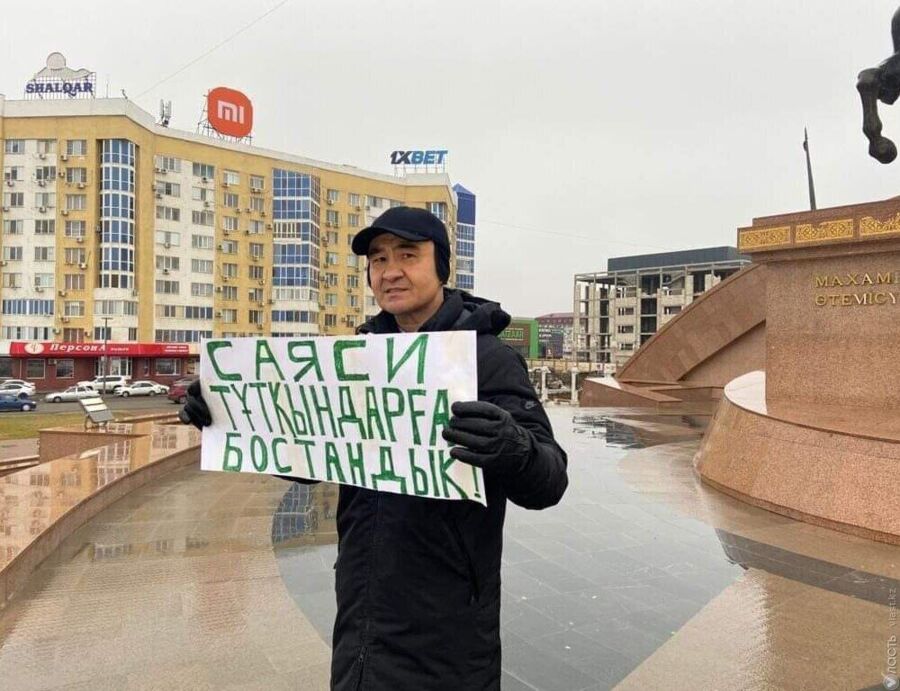
“Being on this list creates many obstacles. I can’t open a bank account, I can’t use notary services, I can’t get insurance, I can’t form or participate in social organizations and associations,” Bokai said.
According to the law, he has the right to withdraw no more than the minimum wage (85,000 tenge in 2025, equivalent to $165).
The activist had registered two NGOs to his name before he was convicted. The court shut them down.
His presence on the list made it impossible for him to register an NGO in 2024 or to be hired by two human rights organizations he had applied to.
The Kazakhstan International Bureau for Human Rights is working to have his name removed from the list.
Bokai appealed to the Atyrau department of the National Security Committee, but the authorities refused to clear his name.
In April, the appellate court rejected Bokai’s plea. According to his lawyer, he can now apply to the Supreme Court or to the Constitutional Court, because the law on countering the financing of extremism violated Bokai’s constitutional rights.
“It will be the same for Yensebek, who is now under restricted freedom on an extremism charge. For eleven years he won’t be able to open credit cards or bank accounts, nothing. So, although it looks like he was sentenced for five years, his rights will be restricted for 16 years,” Yevgeniya Nefedyeva, Bokai’s lawyer, told Vlast.
An edited version of this article was translated into English by Zeina Nassif.
Власть — это независимое медиа в Казахстане.
Поддержите журналистику, которой доверяют.
Мы верим, что справедливое общество невозможно построить без независимой журналистики и достоверной информации. Наша редакция работает над тем чтобы правда была доступна для наших читателей на фоне большой волны фейков, манипуляций и пропаганды. Поддержите Власть.
Поддержать Власть







